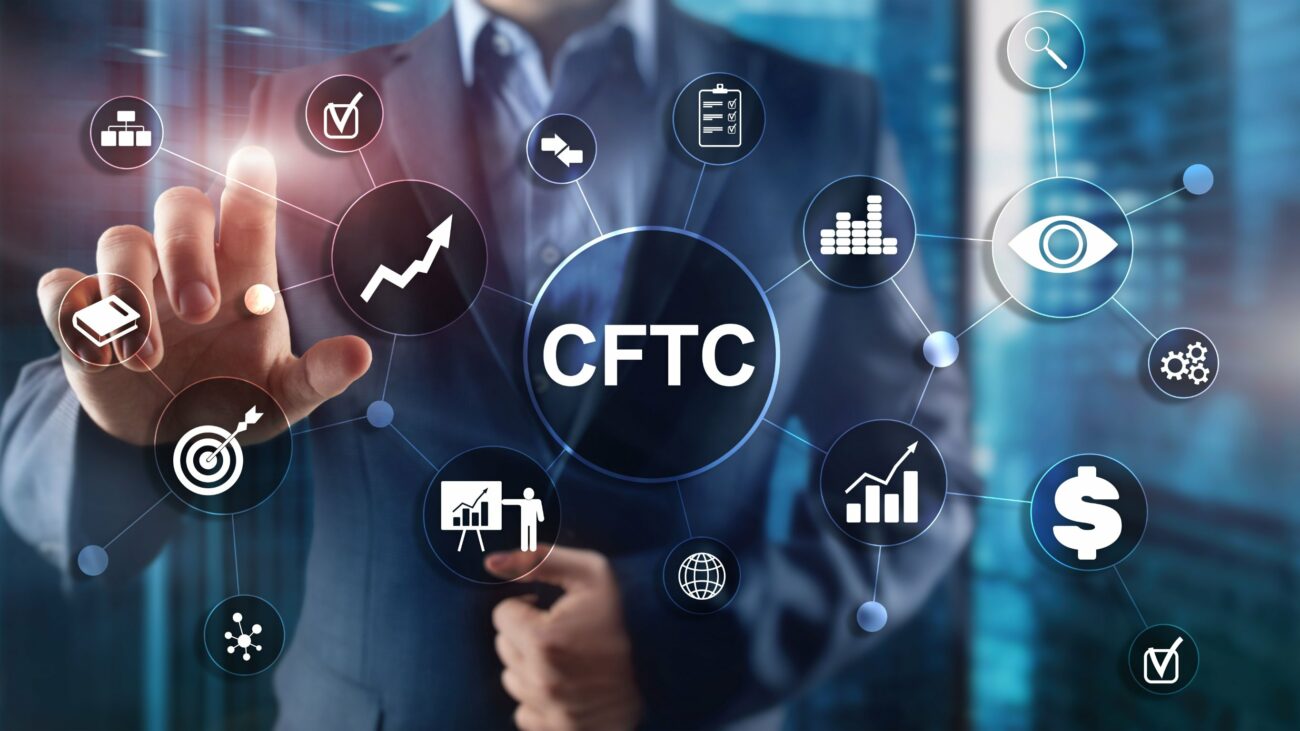
Since 1974, the Commodity Futures Trading Commission (CFTC) has been the primary regulator with oversight responsibilities for the US derivatives market, including the policing of the Over the Counter (OTC), futures, options, and swaps markets.
The CFTC has evolved over the past five decades to adapt to the changing world of retail forex trading. Its stated mission is to “promote the integrity, resilience, and vibrancy of the US derivatives market through sound regulation”. Its purposes, however, have remained focused on these points of interest:
While its initial agenda centered upon commodity exchanges and options markets, its oversight in the forex market from the seventies forward was confined primarily to large banks, financial institutions, and wealthy investors. With the advent of retail forex trading in the nineties, the agency allowed the new sector to develop until the prevalence of fraud demanded intervention.
The legislative mandate for the agency was expanded in 2000 to broaden its powers and bring calm to what has been termed the “Wild, Wild West of foreign exchange”. Since that time, the CFTC has become a major partner in the fight to eliminate fraud in the retail forex trading industry by policing fraudulent forex brokers, arresting criminal fund managers, and advising consumers of common forex scams.
The Great Recession also necessitated the need for stricter rules in US derivative markets. The Dodd-Frank Wall Street Reform and Consumer Protection Act was adopted in 2010 and further expanded the authority of the commission. In the retail forex trading arena, reporting and disclosure requirements were enhanced, levels of leverage were curbed, and a minimum $20 million onshore capital reserve was instituted.
Like other regulators, the CFTC only has jurisdiction within the confines of the US borders, but it does have cooperating agreements with other major regulators. Budget constraints limit the effectiveness of these cooperative activities. Within the US market, the CFTC works closely with the National Futures Association (NFA) and the Security and Exchange Commission (SEC). This overlap has led to confusion over cryptocurrencies. The CFTC has ruled that cryptos are commodities, while the SEC contends that most crypto programs act like securities.
The CFTC has a broader role outside of being a commodity futures and trading commission. Its stated objective is to “facilitate transparent, competitive and effective financial markets”, primarily for the derivatives market in the United States. It achieves its objective through a variety of means, including broker licensing, strict compliance with industry regulations, capital adequacy standards, educational requirements, monthly reporting of significant data trends, and investigations into potential market price manipulation.
It does not necessarily audit the safety and soundness of market participants, but its minimum capital standards and monthly reporting requirements give it the means to detect potential risks as they arise. There are also avenues for reporting abuse of a broker or industry participant to the CFTC, which will be investigated, and action implemented if necessary. The agency also publishes warnings and alerts for consumers on its website and via press releases.
In addition to strict registration requirements for brokers and market participants, the CFTC also has an extensive set of rules that applies to the listing of any type of new security. For example, binary options trading was only allowed for options listed on a CFTC regulated exchange. Since CFDs are not traded on a regulated exchange, the CFTC forbids trading in this item.
It has always been a challenge for legislators and regulatory agencies to keep pace with the changes in the FinTech industry. The CFTC has witnessed several major overhauls in its authority and mandate, both in 2000 and 2010, and more changes will be needed to define its role in the digital cryptocurrency age. The CFTC today specifically requires that commodity pool operators, commodity pool advisors, introducing brokers, futures commission merchants and swap dealers register with the commission.
There are definitions in the law that encompass all intermediaries and agents who operate in the swaps and options industry. In the forex arena, registration is required for all Retail Foreign Exchange Dealers (RFED), including all US-based brokers, forex account managers, and introducing brokers.
The CFTC regulations for RFEDs do not stop at registration. Anyone that solicits forex clients or supervises this activity must pass a set of exams. Leverage on major forex pairs is limited at “50:1” and for minor pairings, “20:1”. Additional risk disclosures, reporting, and recordkeeping rules also apply. The new capital requirements, $20 million-plus another 5% for client balances exceeding $10 million, increased financial stress on many global brokers, which consolidate their operations outside of the US market.
As a result of stricter regulations adopted in 2010, several US-regulated forex brokers abandoned their support and presence in the US market. The CFTC has never endorsed Contracts-for-Difference (CFDs), another reason many global brokers do not accept US customers. When the binary options phenomena soon began sweeping the globe, the CFTC was quick to alert consumers of the potential for fraud and thereby lessened the loss impact on US traders when the vastness of the scandal was revealed.
If you have noticed any kind of abuse in the forex industry, there are several ways to make your complaint or suspicion of a rule violation known to CFTC personnel, from specific forms related to the type of complaint to a direct phone call. The CFTC will follow up on your tip or complaint, and you may even be able to avail yourself of its Whistleblower Program, where sizeable rewards may apply if significant misdeeds are revealed.